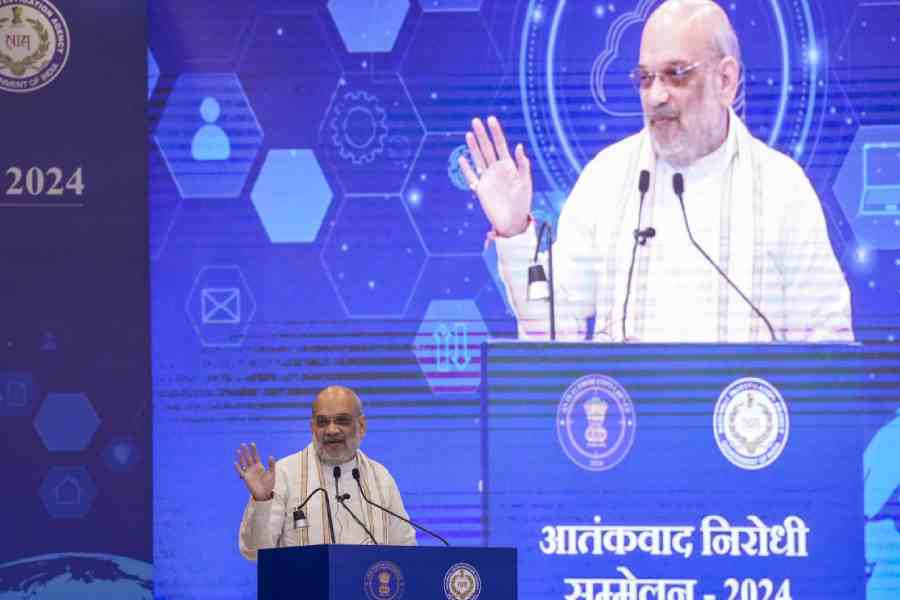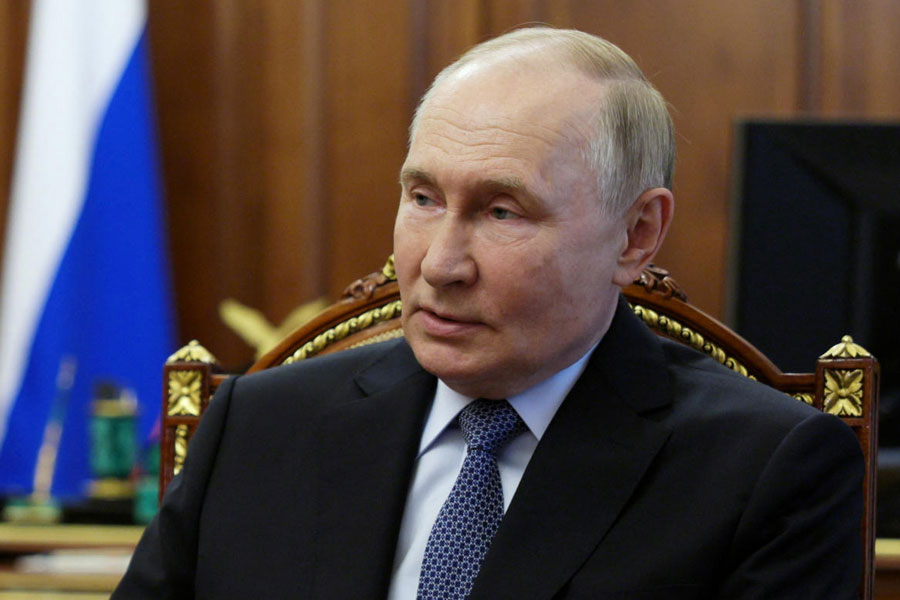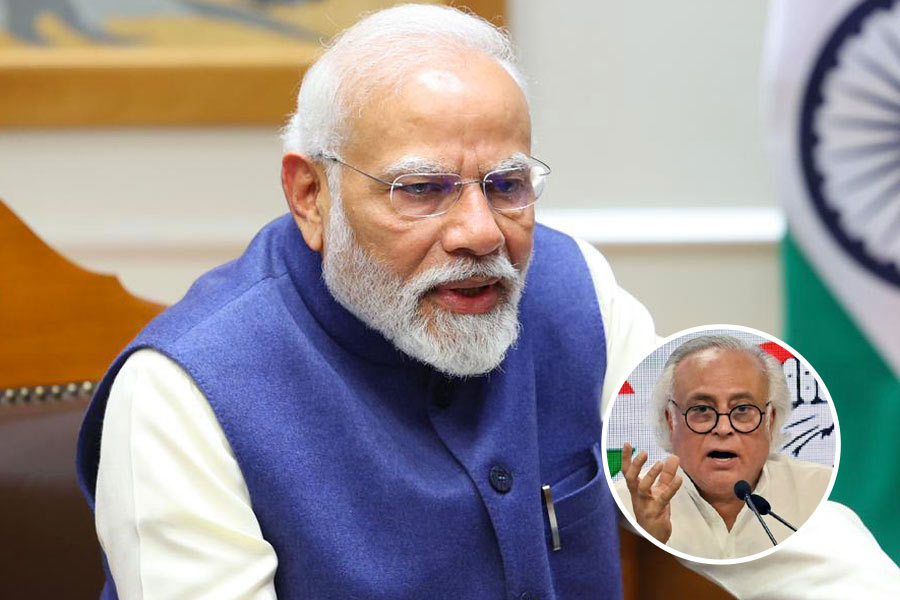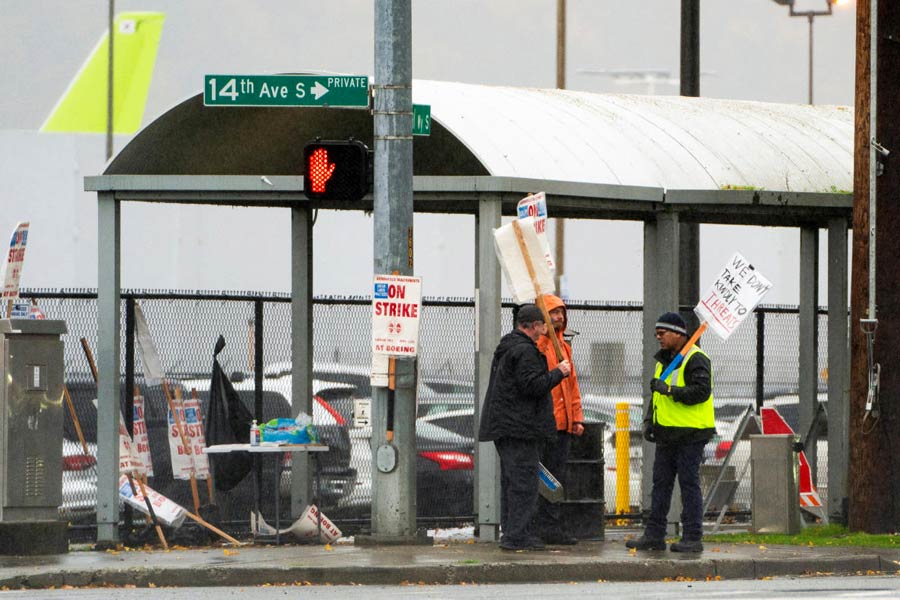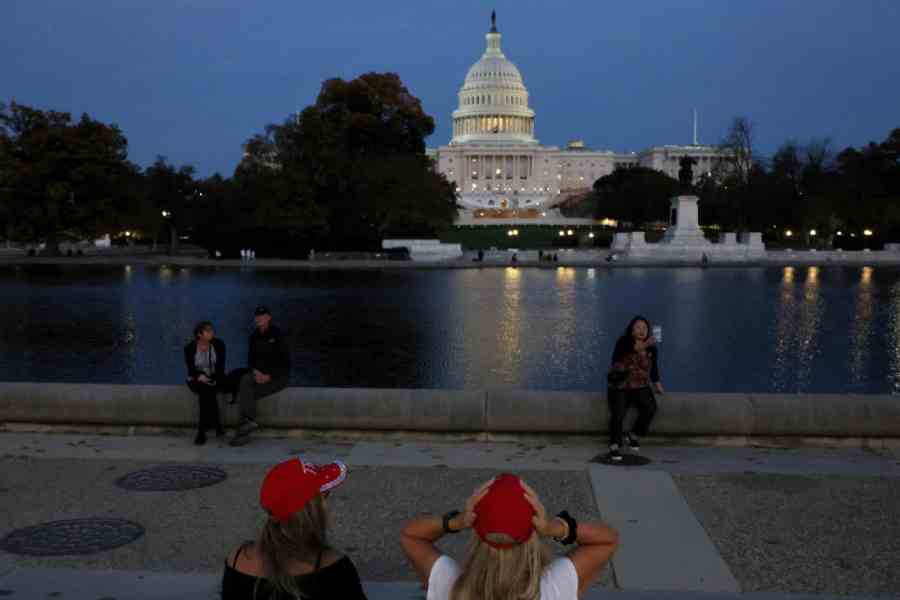Union home minister Amit Shah on Thursday said the Centre would soon bring in a “national counter-terrorism policy and strategy” and asked state police bosses to invoke the anti-terror law UAPA wherever necessary.
Addressing an anti-terrorism conference in Delhi, Shah said the Centre envisaged a model anti-terrorism squad (ATS) and model special task force (STF) in every state and Union Territory that would work as a common platform to fight terrorism.
He said that while law and order was a state subject, adopting the model ATS and STF would not “reduce the states’ rights”.
Shah outlined a concerted anti-terror fight starting from the level of the local police station to that of apex federal agencies.
Civil rights groups have long accused the Narendra Modi government of stifling dissent by misusing the stringent UAPA against its critics, from lawyers and activists to journalists, writers, teachers, students and other civil society members.
New criminal laws that came into effect in July this year have expanded the
definition of “terrorism” beyond the existing UAPA to include acts that can “disturb public order” or “destabilise the country”.
Legal experts have said the revised definition increases the risk of misuse, raises concerns about the legal consequences of dissent and protest, and might hinder access to justice and fair legal representation, particularly for marginalised and vulnerable people.
They have also flagged the danger to fundamental rights, such as free speech and the right to life andpersonal liberty.
Shah stressed that all security agencies, at the Centre and in the states, must work in close coordination, draw up joint strategies and share intelligence.
“We need to work together to fight terrorism, terrorists and their ecosystem. And that’s why, we will soon bring in a new nationalcounter-terrorism policy and strategy in which you all will play a key role,” the homeminister said.
He was addressing the state police chiefs and other senior security officials from the states and the central agencies at the inaugural session of a two-day anti-terror conference, organised by the National InvestigationAgency (NIA).
On the model ATS and STF, Shah said the standard operating procedures (SOPs) were being shared with the states and they could tweak them in keeping with their specificrequirements.
He said the government was forming a multi-agency centre (MAC), a platform where all central agencies, states and Union Territories would share real-time intelligence every day.
Shah asked the state police chiefs to establish synergy down to the level of the police stations and setup a strong networkagainst terrorism.
He said the NIA, the federal anti-terror probe agency, invoked the UAPA (Unlawful Activities Prevention Act) in all terror cases. This, he said, had enabled it to file chargesheets in 498 of the 632 casesit had registered so far, securing convictions in almost 95 per cent of the casesdisposed of.
He said that by amending the UAPA, the government had given itself the power to declare individuals, along with organisations, as terrorists and confiscatetheir properties.
Shah added that a 25-point integrated plan had been prepared to stop the funding of terrorism, including “jihadi terror” andLeft-wing extremism.
A statement from the Union home ministry said the focus of the conference was on developing synergies among the various agencies in the fight against terror and coming up with suggestions for future policy formulation.
Apart from security agency bosses, those attending the conference include law, forensics and technology experts.

